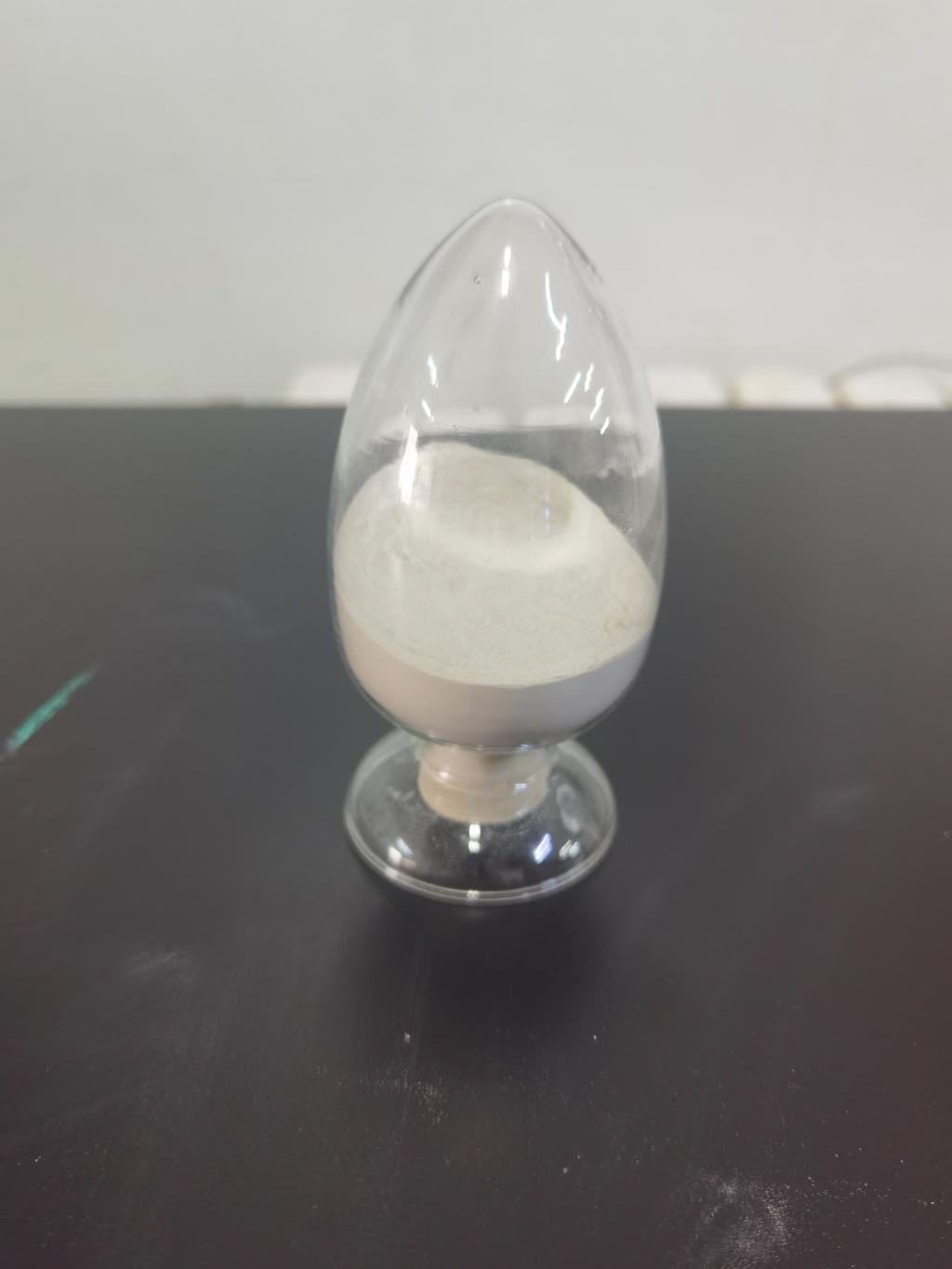Tel:+8618231198596

News
 CONTACT
CONTACT
 CONTACT
CONTACT
- Linkman:Linda Yao
- Tel: +8618231198596
- Email:linda.yao@dcpharma.cn
- Linkman:CHARLES.WANG
- Department:Overseas
- Tel: 0086 0311-85537378 0086 0311-85539701
News
Current Position:
Home >
News
>Exploring the role of Nisin in reducing the risk of microbial contamination.
Exploring the role of Nisin in reducing the risk of microbial contamination.
TIME:2024-05-07
Understanding Microbial Contamination:
Microbial contamination refers to the presence of harmful microorganisms, such as bacteria, viruses, and fungi, in food or on food contact surfaces. These microorganisms can originate from various sources, including raw ingredients, food handlers, and the environment, and can multiply rapidly under favorable conditions, leading to food spoilage and foodborne illness. Common pathogens associated with microbial contamination include Salmonella, Escherichia coli, Listeria monocytogenes, and Staphylococcus aureus.
Nisin as an Antimicrobial Agent:
Nisin is a bacteriocin produced by certain strains of lactic acid bacteria, primarily Lactococcus lactis. It is approved as a food preservative in many countries and has been used for decades to inhibit the growth of Gram-positive bacteria, including foodborne pathogens. Nisin works by disrupting bacterial cell membranes, leading to cell death and inhibition of bacterial growth. Its effectiveness against a wide range of bacteria makes it an attractive candidate for controlling microbial contamination in foodservice establishments.
Applications of Nisin in Foodservice Establishments:
Nisin can be used in various ways to reduce microbial contamination in foodservice establishments, including:
Surface Sanitization: Nisin-based sanitizers can be used to disinfect food contact surfaces, equipment, and utensils in food preparation areas. These sanitizers effectively kill bacteria and other microorganisms, reducing the risk of cross-contamination and foodborne illness.
Food Preservation: Nisin can be added directly to food products or incorporated into food packaging materials to inhibit the growth of spoilage bacteria and extend shelf life. This helps maintain the quality and safety of food products during storage and distribution.
Hand Hygiene: Nisin-based hand sanitizers can be used by food handlers to disinfect their hands before handling food, reducing the risk of transmitting harmful microorganisms to food products.
Efficacy of Nisin in Reducing Microbial Contamination:
Numerous studies have demonstrated the efficacy of nisin in reducing microbial contamination in foodservice establishments. These studies have shown that nisin-based sanitizers effectively eliminate pathogenic bacteria from food contact surfaces and equipment, leading to a reduction in microbial load and a lower risk of foodborne illness outbreaks. Additionally, the use of nisin in food preservation has been shown to inhibit the growth of spoilage bacteria and extend the shelf life of perishable food products.
Challenges and Considerations:
While nisin shows promise as a tool for reducing microbial contamination in foodservice establishments, there are challenges and considerations that need to be addressed. These include:
Regulatory Approval: Nisin-based products must meet regulatory requirements for safety and efficacy before they can be used in foodservice establishments.
Cost: The cost of nisin-based products may be higher than conventional sanitizers or preservatives, which could pose a barrier to adoption for some establishments.
Resistance Development: Continued use of nisin may lead to the development of resistance in bacteria, reducing its effectiveness over time.
Conclusion:
Nisin has the potential to play a significant role in reducing microbial contamination in foodservice establishments and improving food safety standards. By incorporating nisin-based sanitizers and preservatives into their hygiene and food preservation protocols, foodservice establishments can effectively mitigate the risk of foodborne illness outbreaks and ensure the safety and quality of the food products they serve. Continued research and innovation in this area will contribute to the development of novel nisin-based solutions for microbial control in the foodservice industry.
- Tel:+8618231198596
- Whatsapp:18231198596
- Chat With Skype







